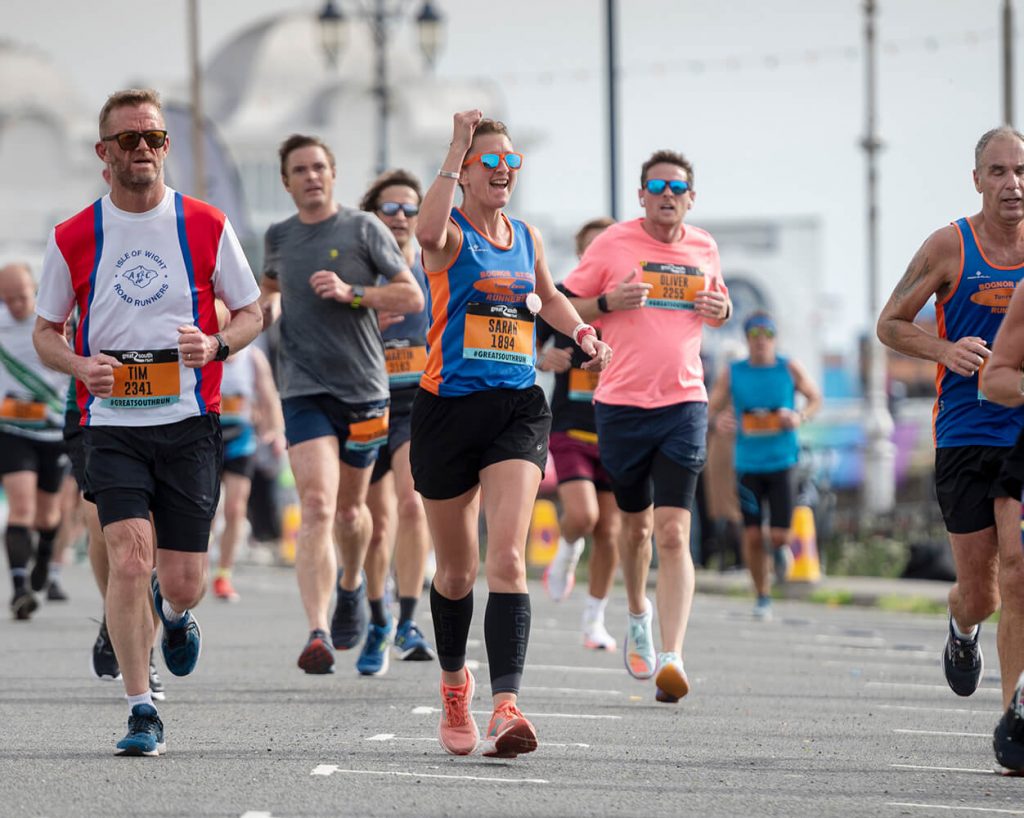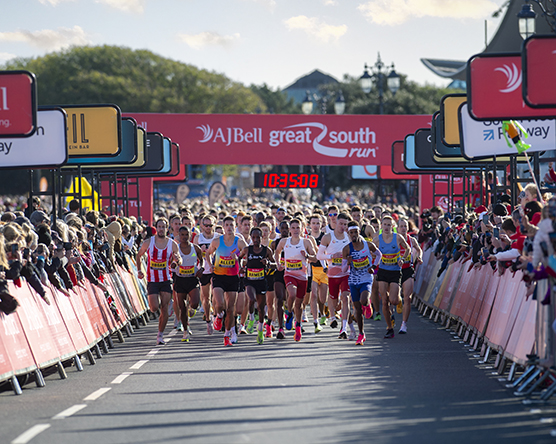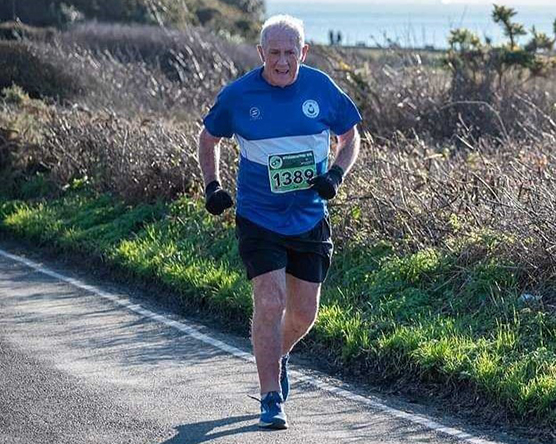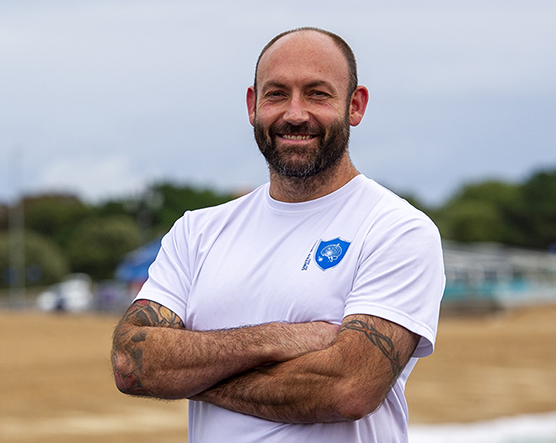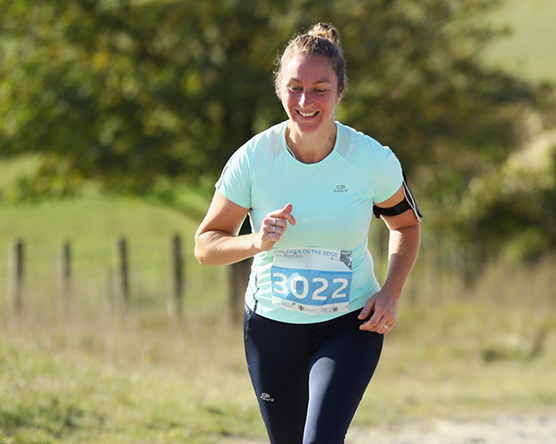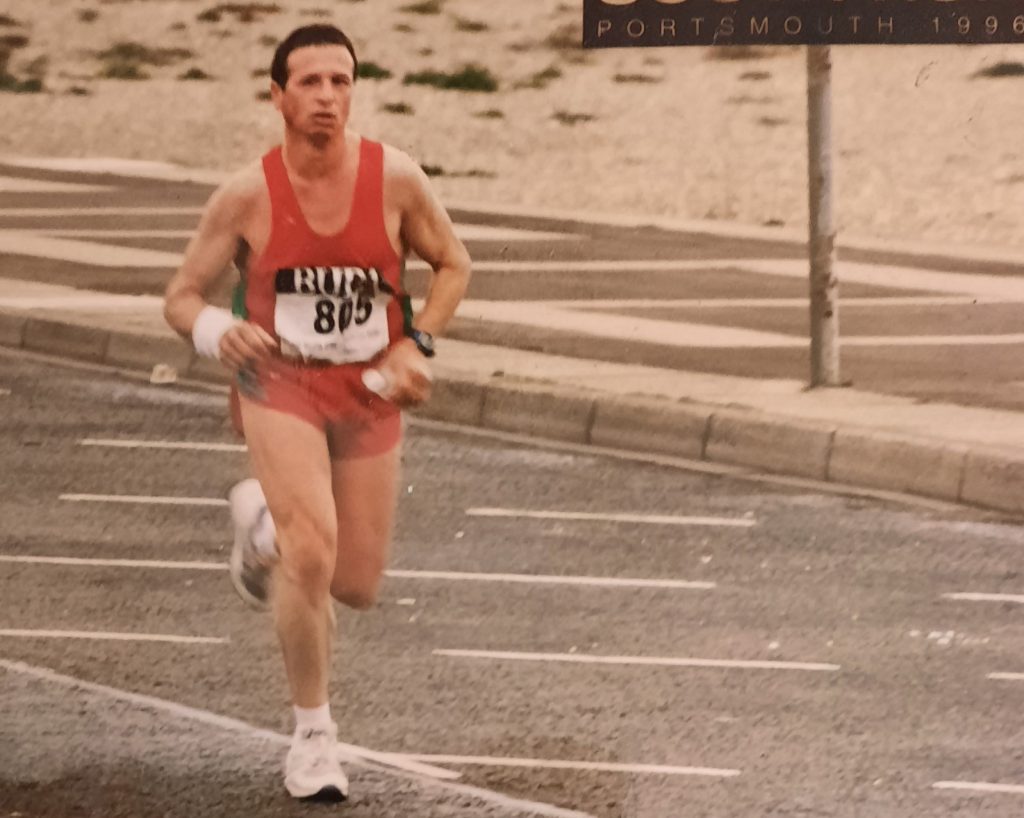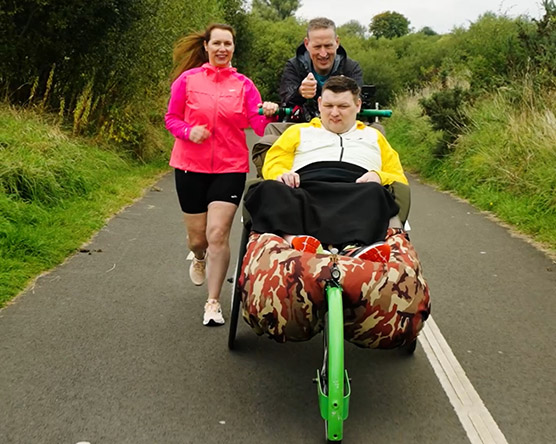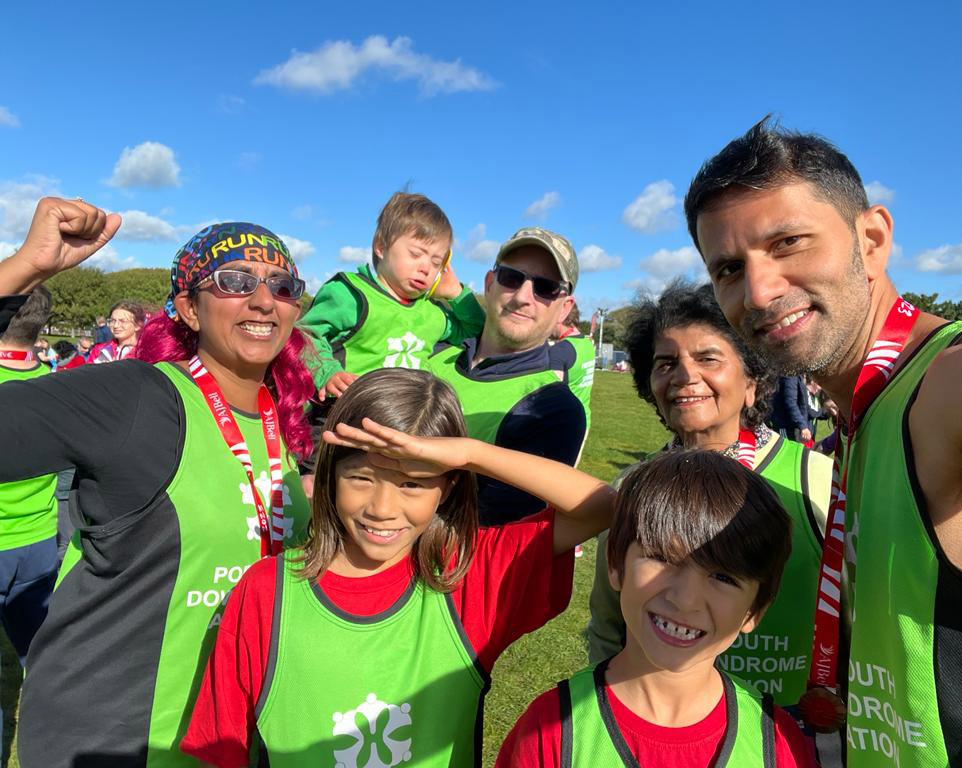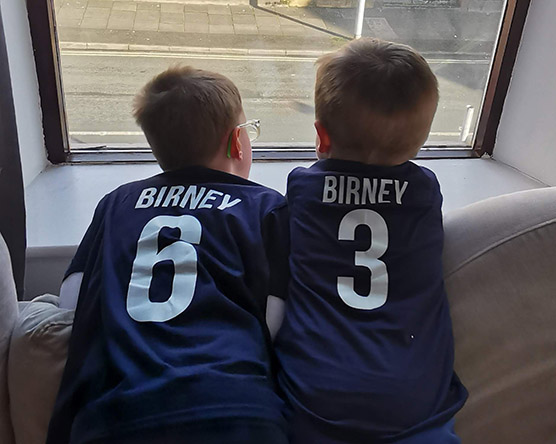Much-loved dad inspires fundraising to find cure for brain tumours
The family of a man who died from brain cancer is taking on the Great South Run to help find a cure for the disease.
Two generations of Graham Green’s family will be doing the 10 mile challenge to raise money for Brain Tumour Research.
Portsmouth Demolition Salvage Ltd founder, Graham from Bedhampton died of a brain tumour in November 2020, at the age of 67.
This will be the second year in which a group of almost a dozen runners hoping to add to their £6,200 from last year’s fundraising. This year the team consists of nine family members and two employees; two of Graham’s children including his son Andy Green, who took over the company after his father’s death, and four of Graham’s grandchildren whose ages range from 20 to 27.
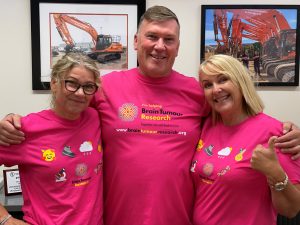
Graham’s eldest daughter and Portsmouth Demolition Salvage Ltd payroll manager, Sharon Hayward, 51, said: “Dad set up the company when he was a teenager and we are a very close team. When he became unwell, we all wanted to do something to help him, and others diagnosed with the disease – it felt right.”
The grandfather-of-eight was diagnosed with a glioblastoma (GBM) in July 2019 after suffering initially what was thought to be a stroke. His speech became affected and he was unable to move. He was taken to Southampton General Hospital where tests showed the devastating news of a mass on his brain.
Sharon said: “We were told he’d be gone within three months without any form of treatment. I remember my mum and dad hugging after receiving the news. Dad was the glue that held the family together, how could this be happening to him, to us?”
Graham underwent an awake craniotomy at Southampton General Hospital in Portsmouth, followed by gruelling chemotherapy and radiotherapy treatment however the tumour was too aggressive and he died 16 months later.
One in three people know someone affected by a brain tumour; the disease kills more men under the age of 70 than prostate cancer, yet historically just 1% of the national spend on cancer research has been allocated to brain tumours.
Mel Tiley, community development manager at Brain Tumour Research, said: “We’re grateful to Sharon and her family for sharing her father’s story. Unfortunately Graham’s experience is not uncommon and the statistics around brain tumours are a stark reminder of how they can affect anyone at any age. Their commitment to fundraising for Brain Tumour Research annually is a generous way to support us in finding a cure for the disease.”
Brain Tumour Research funds sustainable research at dedicated centres in the UK. It also campaigns for the Government and the larger cancer charities to invest more in research into brain tumours in order to speed up new treatments for patients and, ultimately, to find a cure. The charity is the driving force behind the call for a national annual spend of £35 million in order to improve survival rates and patient outcomes in line with other cancers such as breast cancer and leukaemia and is also campaigning for greater repurposing of drugs.
If you’ve been inspired by Graham’s story and would like to donate to Brain Tumour Research please visit www.braintumourresearch.org/donate


